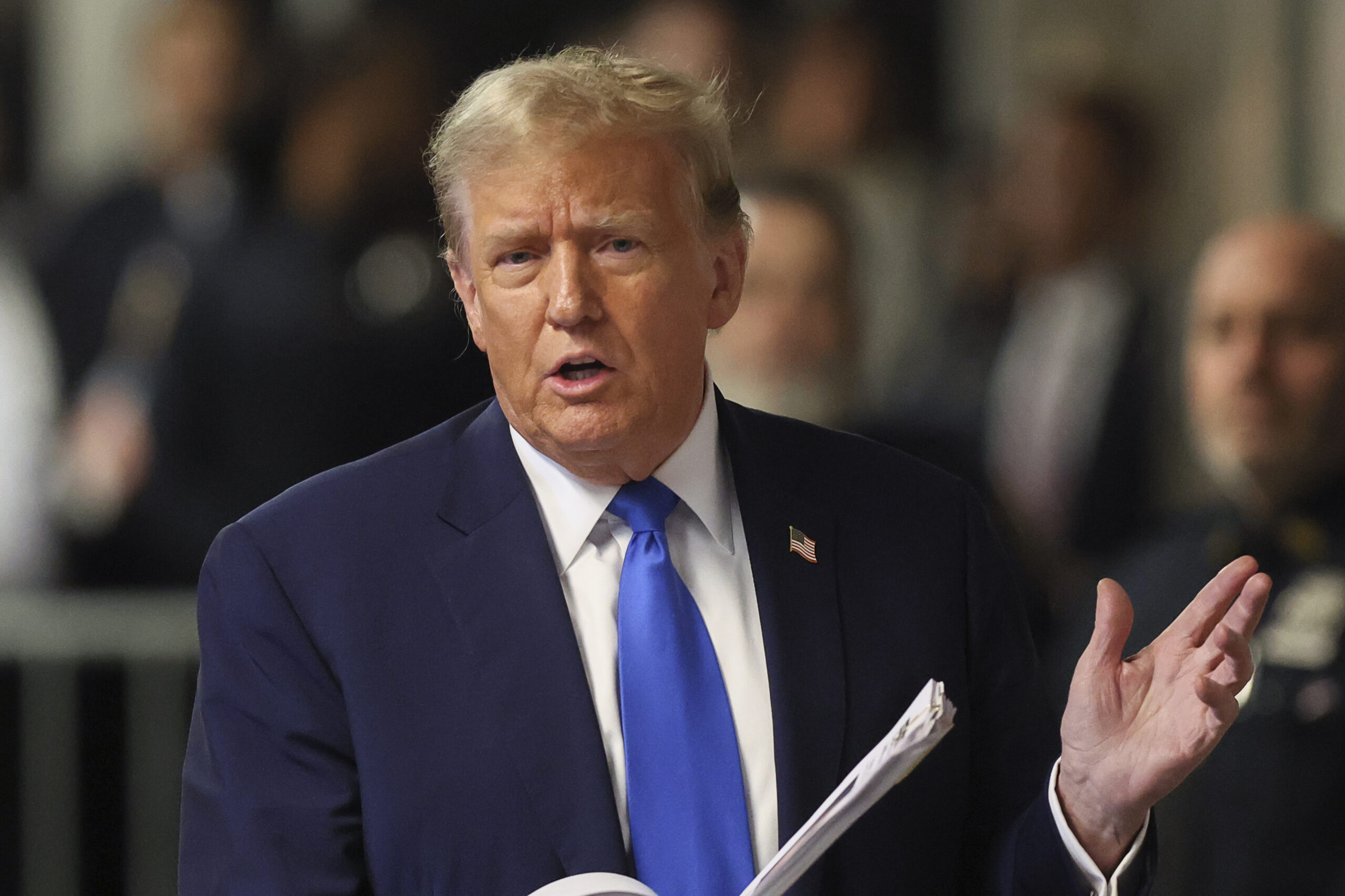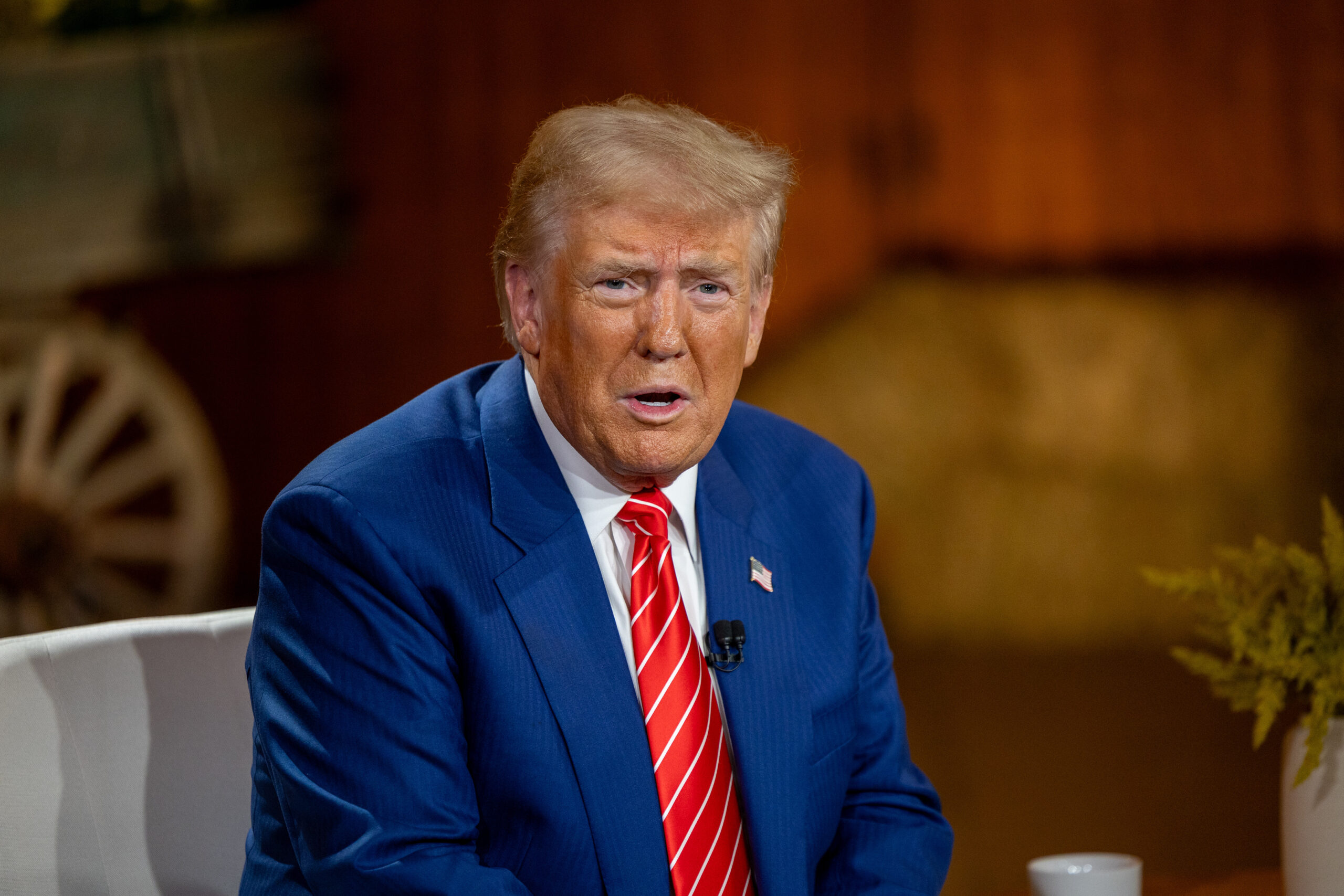Donald Trump has stirred controversy by referring to U.S. District Court Judge Tanya Chutkan as “the most evil person” after she mandated the release of over 1,800 pages of evidence in the election conspiracy case against him. His comments followed her rejection of his request to delay the evidence release until after the upcoming election, which Trump labeled as “election interference.”
This situation has led to discussions among legal analysts regarding whether the timing of this release violates a Justice Department guideline that advises against actions that could influence elections within 60 days of voting.
In her ruling, Judge Chutkan defended her decision, arguing that withholding the evidence could also be interpreted as election interference. She emphasized the public’s right to access information, asserting that the court must prioritize transparency over any potential political fallout. This viewpoint underscores the intricate balance required in judicial proceedings, particularly in cases that are highly politicized.
The newly released documents primarily reiterate information already available to the public, including excerpts from former Vice President Mike Pence’s autobiography and his official position on not overturning the 2020 election results.

Donald Trump
These documents are part of a motion filed by Special Counsel Jack Smith last month, intended to strengthen the case against Trump. In reaction, Trump aired his grievances on a podcast with Dan Bongino, criticizing both Judge Chutkan and Special Counsel Smith, whom he derogatorily called “a sick puppy.”
The core of the indictment against Trump revolves around his alleged efforts to overturn the 2020 election results, particularly linked to the January 6 Capitol riot. During the podcast, Trump made a controversial comparison, equating the treatment of those charged in connection with the riot to the internment of Japanese Americans during World War II. By making this comparison, he aims to resonate with his supporters, portraying his legal challenges as instances of unjust treatment and victimization.
As Trump faces a series of legal challenges, including a recent conviction on 34 felony counts related to hush-money payments, the situation remains complex. After a Supreme Court ruling this year that prohibits him from being prosecuted for actions taken while in office, Special Counsel Smith has adjusted his arguments to assert that Trump’s alleged misconduct occurred while he was a private citizen.
With uncertainties about whether the January 6 case will proceed to trial, its outcome could hinge on political developments if Trump were to reclaim the presidency.











































